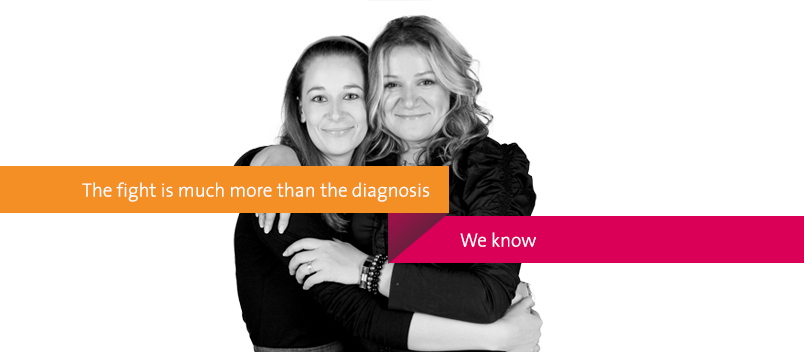Results from the National Cancer Patient Experience Survey have today been published. This survey, published annually, is designed to:
- Monitor national progress on cancer care
- Provide information that could be used to drive local quality improvement
- Assist multi-disciplinary teams (MDTs), commissioners, NHS Trusts in improving patient services
- Inform the work of charities supporting cancer patients.
Every year we wait for these results to see what has changed for you – our brain tumour community. And every year we re-evaluate where brainstrust is positioned so that we can help change the agenda on your behalf. But we can’t win all the battles and this is evidenced in the 2015 results.
What the survey shows
Frustratingly, many of the findings show a worsened picture with no real effort to improve so this survey feels more like weighing the pig.
For example, in 2014 only 27% of patients diagnosed with a brain tumour were given a care plan. This has increased to only 29% in 2015 which means that 71% of you never received a care plan. This is unacceptable.
The most appalling statistic though is based around whether you felt your clinical team worked together to give you the best possible care. In 2014 51% of you said yes. In 2015, only 45% agreed. This represents the fragmentation and over stretched resources that we hear about in our daily interactions with our community. It’s why our support services are so valued, and why we work so hard to place the patient and caregiver in the driving seat, so that you know how to get the best out of the often disjointed care available.
More findings show that 68% of doctors spoke about the patient as if you weren’t there compared to 79% in 2014, an improvement that is undermined by the significant fall in the way your results were communicated to you so that you could understand them (73% in 2014; 69% in 2015).
So what’s the good news?
Well there are some diamonds in the coal, particularly with the clinical nurse specialists. 95% of you were given a named CNS, and there was a more than 10% increase in those of you who said you could access your CNS more easily (71% in 2014; 84% in 2015).
There was also an increase in the percentage of you being given information about support services (85%, compared to 82% in 2014).
What does this mean for brainstrust and our community?
We will continue to focus on improving the transition point to community care after acute treatment and keep working hard to ensure that everyone who is diagnosed with a brain tumour knows about the range and quality of our support.
One way or another we will put the world right for people living with a brain tumour, the right way.







